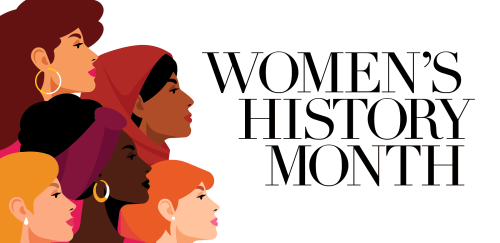Facebook failed to censor sensitive content
We live in a world where social media serves as a cornerstone in our lives. We rely on it for weather updates, political information, entertainment, education and even more intimate matters like our dating lives. However, occasionally, it lets us down.
On Aug. 31, 2020, Ronnie McNutt, a United States Army veteran, took his life during a live stream on Facebook. Facebook claims that they were temporarily unable to stop the stream, causing the video to spread to multiple other social media platforms.
According to the victim’s close friends, the live stream was reported to Facebook well before the suicide took place. Facebook’s response to the report was that the video failed to violate community standards. Facebook later issued a statement informing its users that the original video, as well as copies, had been removed.
The multi-million-dollar company stated that they hope to increase their response time only after they were held accountable for the recent events. In just two hours and 41 minutes, the live stream had made its way to four additional social media platforms. The video received most of its inappropriate fame, from the newest social media platform TikTok.
Facebook and TikTok failed to respond quickly after a video of McNutt’s suicide was shared to millions of social media users, including the McNutt’s unwitting family, through these websites.
TikTok’s role in the sharing of the video is much different than any other site. By using trending hashtags, popular music, or by just being one of the most searched videos, the video has become one of the most talked about streams on the app. Another factor that aided in the videos spread across TikTok was a recently added feature which allowed users to splice videos and combine them. This feature was used to create horrifying effects, when some users hid the video behind innocent cat videos.
TikTok’s response to the matter involved banning accounts that reposted the video, while also attempting to remove the video from their platform completely.
Although TikTok has worked hard to remove the video, some users have still gone to extreme lengths to share and discuss the video with viewers that are uninterested in the matter. By simply commenting links of the suicide under innocent, family-friendly videos, the live stream received more and more unwanted attention. At the end of the day, only so much can be done to put a stop to streaming and sharing on social media.
Both Facebook and TikTok have worked to remove the video and any reminder of it, but only so much can be erased from the internet. Rather than sharing the video, the best way to move on from the matter is to discuss ways to prevent suicide all together.
September is National Suicide Prevention Awareness Month. National Suicide Prevention Week was Sept. 6 through Sept. 12, 2020. World Suicide Prevention Day was on Sept. 10.
Currently, suicide is the second leading cause of death for ages 10-24. Suicide Prevention Month is used to advocate the importance of being aware of the warning signs and to make those in need aware that they are not alone. Social media plays a big role in the spread of positive and negative responses in regards to suicide. During Suicide Prevention Awareness Month, influencers, businesses and even survivors share their stories and experiences with suicide.
With the increased use of social media and the many months spent locked away in our homes, due to COVID-19, as well as the media’s inability to keep their platforms family-friendly, the need for Suicide Prevention Month has increased greatly in 2020. It is important to pay close attention to those around us as well as our own mental health.
Acknowledging one’s mental health is always important and telling someone about your issues always helps.
“I found that by reaching out to new, positive people, I was encouraged to pull myself out of my first semester slump,” a Tarleton State University sophomore said.
Each individual person has a different way of addressing their mental health, but it is important to remember that one way to get better is by taking time to enjoy and embrace yourself.
“I want to start by acknowledging that it can be awkward or scary to talk about suicidal thoughts or any mental health concern. You might be worried about how the people around you are going to respond. You are not alone. A lot of people struggle with various mental health concerns including suicidal thoughts – and it turns out a lot of people get help. You are deserving of help, kindness and support even when your own brain is telling you don’t. We are here to support you,” Professional Counselor with student counseling services at Fort Worth Campus, James Dinh, said.
It’s important that students reach out, an easy way for Tarleton students to do that is through the counseling services Tarleton provides. Tarleton’s counseling services are free, simple and private for everyone. Tarleton’s service members understand how important privacy is for anyone who is struggling.
During such trying times, it is important to stay mindful of all the good things life has to offer. It is also important to remember that not every day is a good day and it is okay to not be okay. You never have to suffer in silence. Talk to a family member, a friend, a teacher, or even an animal. Always put your own mental health first. Tarleton and the surrounding community cares about you.
If you, or someone you know is struggling with mental health, or needs someone to talk to, visit suicidepreventionlifeline.org. or any of the sources listed below.
Suicide Prevention Hotline: 800-273-8255.
Tarleton State University Wellness Center: 254-968-9271.
Tarleton State University Counseling Services: 254-9689044.




